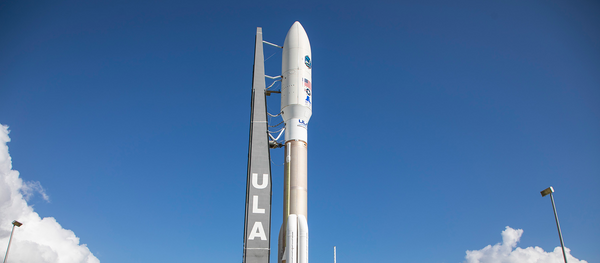In an interview with Room magazine, company founders Hatem Alkhafaji and Anders Cavallini claim that they have patented a ‘space roasting capsule' consisting of four cylinders capable of carrying around 75 kilograms of coffee beans.
"We believe the idea of taking a seemingly ordinary Earth-based activity of roasting coffee beans and demonstrating the use of space technology to achieve a better product will stimulate the general population to think outside the box," the founders stated, apparently without irony.
"Our Coffee Roasting Capsule (CRC) is designed to survive the launch, re-entry and landing phases of flight. It uses the physics of phase changing fluids to harness heat during reentry and safety distribute it to the roasting chambers […] the chamber will be filled with a gaseous fluid that has been heated by the atmosphere and controlled at around 200 degrees Celsius. As the beans float in microgravity they begin the transformation into the brown coffee humans know today. The CRC will be equipped with large parachutes for sea or land retrieval and the entire process will last only 20 minutes," according to the two founders, cited by Space.com.
According to assertions from the two space roasters, traditional coffee on earth is made by spinning coffee beans in a heated drum, and beans that make contact with the sides of the drum experience higher levels of heat, hence a nonuniform roast. By roasting beans in space and making use of microgravity, however, a perfectly even roast can be achieved, using the heat produced by friction between the capsule and the Earth's atmospheric particles.
"We will achieve roasting in microgravity in two stages. First, a suborbital flight to prove the concept and gather data from the roast. Second, with our Space Roasting Capsule (SRC) at orbital speeds, there will be a low angle of re-entry which will minimize accelerations, but still achieving a microgravity environment," the company representatives told Space.com, when asked how the capsule will experience microgravity.
The two hope to begin producing space-roast coffee beans by 2020. Although the founders have not yet priced their space coffee, Ars Technica predicts that the coffee could cost between $200 to $500 per cup, based on launch costs.





